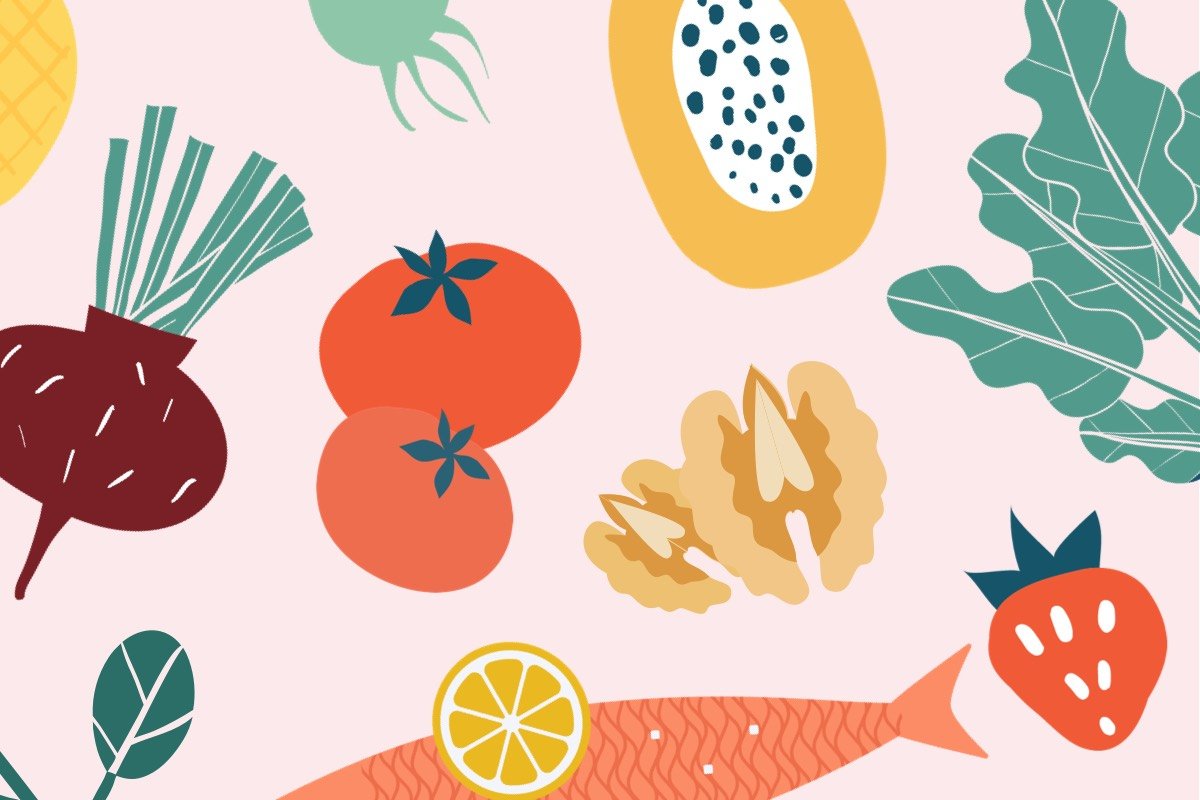5 ways to eat healthier after you've had COVID
Load up on fruits and veggies.
When it comes to rebuilding your immunity after illness, the foods you consume play an important role.
Filling your plate with the right nutrients can have a significant impact on the speed of your recovery.
As the highly contagious Omicron variant continues its march across the country, it’s inevitable that most – if not all – of us will become infected with the virus at some point.
So how can you best support your body on its road to recovery?
In addition to following personalised medical advice, it’s also important to supercharge your diet with foods that support immune health.
“Your body needs help after a viral infection and Covid can be particularly inflammatory for many bodily systems,” naturopath and nutritionist Belinda Kirkpatrick tells Body+Soul. “Some people have respiratory symptoms; others have digestive or muscular complaints. Good nutrition can help to repair your body and assist with a full and speedy recovery.”
Covid’s ability to reduce your sense of taste and smell can make it hard to focus on eating well post-virus, but according to Simone Austin, dietitian and chief health officer at online wellness hub HealthyLife, there are ways to get around this.
“If you can’t smell, think about the textures of foods you enjoy, like crunchy capsicums, crisp apples and velvety avocado,” she suggests. “If eating isn’t enjoyable, make a nourishing soup with meat, veg and grains, or a smoothie with fresh fruit, yoghurt, seeds and milk.”
Staying hydrated is also essential, so be sure to drink plenty of water, beverages with added electrolytes or milk (as it’s packed with other nutrients).
While Kirkpatrick and Austin agree a varied diet is essential for rebuilding immunity, they say that filling your plate with the below vitamins and minerals will help to take your recovery to the next level.
»Haltungsform 1«: So wird bereits bei Fleischwaren die Haltungsform der Tiere gekennzeichnet
Foto: Anja Cord / imago images/Cord
Überraschend kommt der Schritt nicht. Die in der Initiative Tierwohl engagierten Unternehmen des Lebensmitteleinzelhandels hatten sich bereits im vergangenen Sommer darauf verständigt, dass ab 2022 auch Milch und Milchprodukte wie Käse und Joghurt mit dem Haltungsformkennzeichen versehen werden können.
Quellen: SPIEGEL Gruppe
Von : SPIEGEL Gruppern



